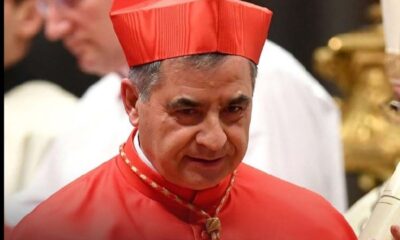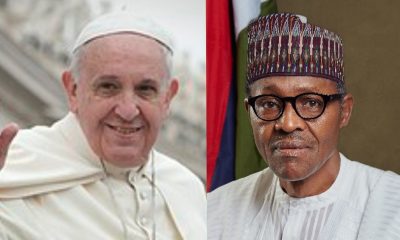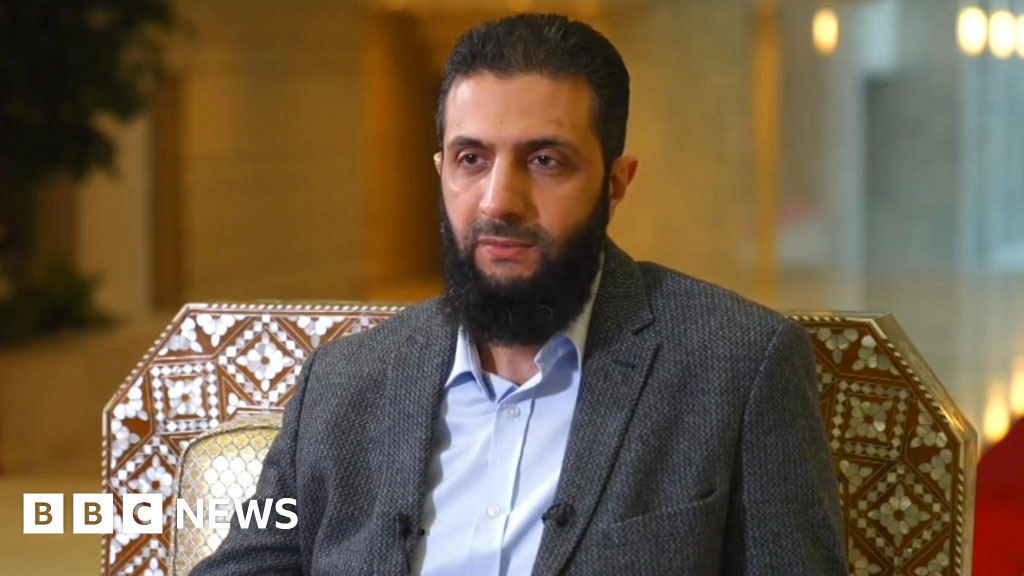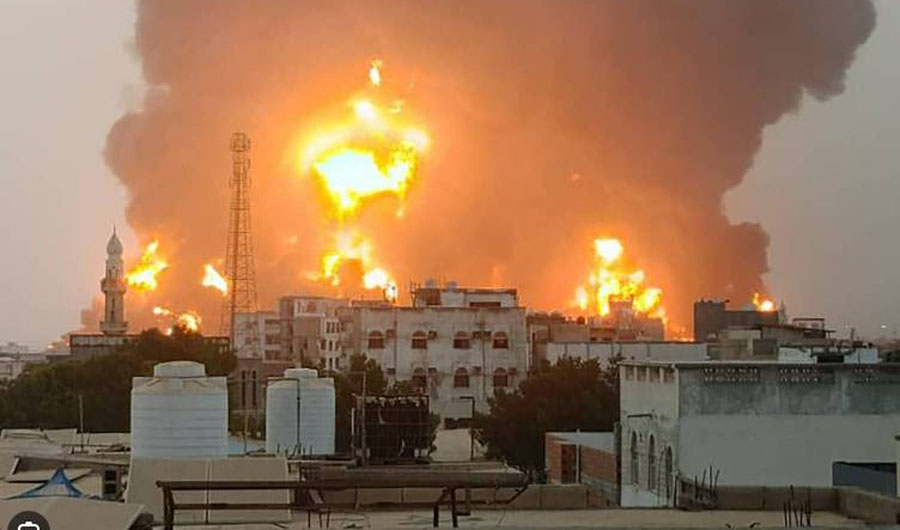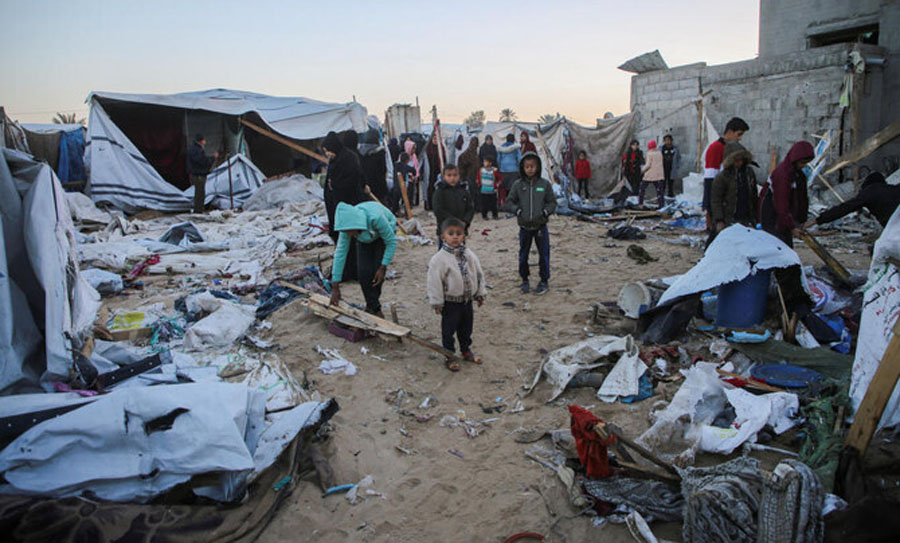NEW YORK: One of the defendants in the Vatican’s big financial trial has formally complained to the United Nations that Pope Francis violated his human rights by authorizing wide-ranging surveillance during the investigation.
A lawyer for Raffaele Mincione, a London-based financier, submitted a complaint last week to the UN Office of the High Commissioner for Human Rights via a special procedure that allows individuals or groups to provide the UN with information about alleged rights violations in countries or institutions.
The filing marks the latest and highest-profile complaint about the Vatican trial, highlighting the peculiarity of the Vatican’s criminal justice system and its seeming incompatibility with European and democratic norms. The Vatican is an absolute monarchy where the pope wields supreme legislative, executive and judicial power.
The trial, which opened in 2021 and ended in December, focused on the Holy See’s money-losing 350 million euro investment in a London property but also included other tangents. Vatican prosecutors alleged brokers and Vatican officials fleeced the Holy See of tens of millions of euros in fees and commissions, and then extorted the Holy See for 15 million euros ($16.5 million) to cede control of the property.
The trial ended in December with convictions for nine of the 10 defendants, including Mincione and a once-powerful cardinal, Angelo Becciu. The court’s motivations for the sentence still haven’t been published, but both Vatican prosecutors and the nine convicted defendants have announced appeals.
READ ALSO:
- Israeli strikes on Gaza may have violated laws of war – UN report
- Judge, prosecuting lawyer distance selves from Nnamdi Kanu reconciliation plan
- PDP expels former Edo deputy governor, Philip Shaibu
Mincione’s complaint to the UN focused on the role of the pope during the investigation, an area that was flagged as problematic by defense lawyers during the trial and external experts in its aftermath.
The complaint cited four secret executive decrees Francis signed in 2019 and 2020 that gave Vatican prosecutors wide-ranging powers to investigate, including via unchecked wiretapping and to deviate from existing laws. The decrees only came to light right before trial, were never officially published, provided no rationale or timeframe for the surveillance, or oversight of the wiretapping by an independent judge.
The chief prosecutor argued Francis’ decrees provided unspecified “guarantees” for the suspects, and the judges rejected the defense motions at the time that argued they violated the fundamental right to a fair trial. In a somewhat convoluted decision, the judges ruled that no violation of the principle of legality had occurred since Francis had made the laws.
Mincione’s complaint also alleged the tribunal is not independent or impartial, a claim the Vatican has rejected previously. Francis can hire and fire judges and prosecutors, and recently decided such things such as their compensation, pension and term limits.
It is not clear what, if anything, the UN will do with the complaint. The Geneva-based office fields special rapporteurs, or experts, to monitor specific areas of human rights, including the judiciary and independence of judges and lawyers.
Previous complaints to the UN human rights office about the Vatican or Catholic Church, in the areas of child sexual abuse and LGBTQ+ discrimination, resulted in letters from the UN special rapporteur to the Vatican’s UN ambassador in Geneva listing problems and requesting responses and changes.
Mincione has also tried to engage the Council of Europe on the matter, given the Holy See is subject to periodic review as part of the COE’s Moneyval process to guard against money laundering. In January, a British representative asked if the COE would look into the Vatican’s human rights situation given the trial outcome.
The plenary assembly chairman dodged the question.
In ongoing litigation, Mincione has also sued the Vatican secretariat of state in a British court over the reputational harm he says he suffered as a result of the Vatican trial.
Defendant in Vatican trial takes case to UN, accuses pope of violating his rights with surveillance
Arabnews




